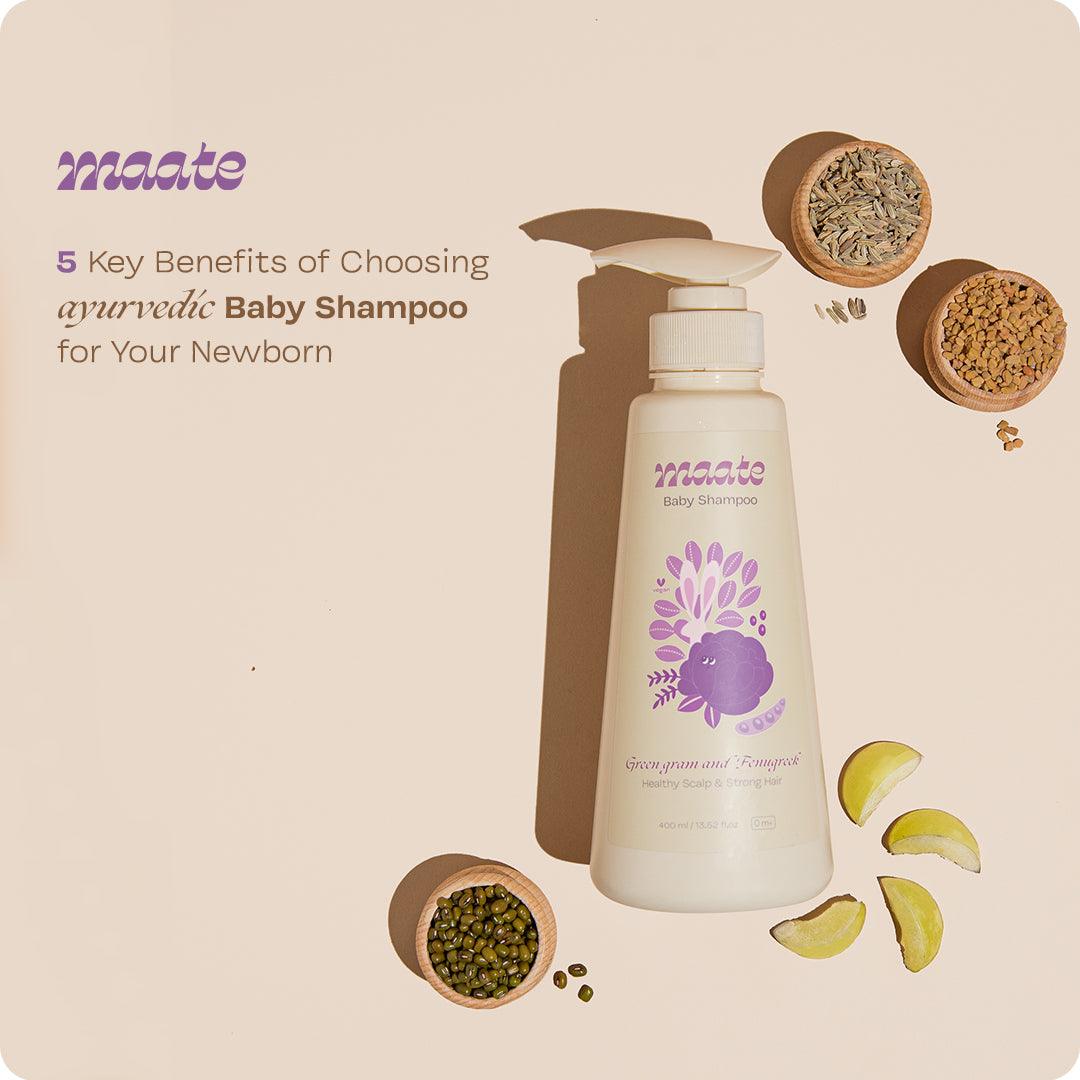Pregnancy brings with it a blessing of a squishy new life and overflowing love for the tiny being blessing your home. You are finally ready for the feeling of complete satisfaction and complacency to strike you after the birth. Instead, you find yourself snapping at your partner one minute, and wanting to hug them and cry the next, sniffling over every sappy commercial, and finding yourself oscillating between delirious happiness and erratic gloom within minutes. Don't question your sanity; those are the signs of mood swings and a normal part of pregnancy resulting from those crazy hormones. However, one should keep a close eye on mood swings, especially with a history of anxiety, depression, or other mental health difficulties, as mood swings can pave the way to depression.
Causes
The easiest and the most common answer is hormones. During pregnancy, the levels of hormones like estrogen and progesterone in your body fluctuate dramatically, which has a notable effect on brain chemistry.
Pregnancies, whether planned or otherwise, first or third is a life-changing experience. It induces anxieties about numerous things, like finances, family dynamics, etc.
Mood swings can also be an implication of conditions like depression, anemia, gestational diabetes, hyperthyroidism, or migraines.
Tips for Prevention
Mood swings are certainly not fun. However, they are not the end of the world, and it is important to remember that an emotional outbreak is normal after what a mother's body and mind go through during pregnancy. There are certain things one can do to make things easier for oneself during turbulent conditions.
Relax: Preparing for your new family member or adjusting after the baby arrives might be a haphazard blur and can draw away most of your energy. It is crucial to step back and unwind because taking care of yourself and putting yourself at the top of your priorities is an indispensable part of taking care of your baby. For baby care products, explore the wide range of MAATE. These MAATE baby skin care products will also keep you at peace with your baby as they are Ayurveda-inspired baby products!
Reconnect with your partner: Sharing what you are feeling and expressing your hopes and fears will help keep your partner in the loop and not feel alienated and get you the emotional support and understanding that you need in these trying times. Strengthen your connection, as this will pull you out of darker times in the future.
Feel good factor: Indulge in things that make you feel good about yourself. Be it a bubble bath, a massage, a movie, and your favorite ice cream, give in to it. This will instantly uplift your mood and deflate the mood swings to a large extent.
Verbal outlet: Address your worries and talk about them with a dear friend, a confidante, or even your therapist. Putting your worries and concerns which are prompting the mood swings into proper words can help you feel less burdened and give you a renewed perspective on the situation
Manage your stress: Stress can be a huge cause of mood swings and rather than letting the frustration in your life mount up, find ways to de-stress. Go for a walk, get enough sleep, exercise and watch fun movies. Keep yourself away from the triggers and do things that make you happier. Writing about your worries can also act as an outlet.
Warning Signs
History of mental health issues.
Mood swings which seem very severe.
Mood swings appended by other symptoms like fatigue, a change in eating habits, feelings of guilt, or incapability to concentrate, could also be a symptom of depression.
Mood swing is one of the unavoidable parts of pregnancies. With the hormones going crazy within our body, it is given that you will most likely not feel as happy as a sunflower every single day. However, it is also essential to keep a close watch on whether the mood swings are becoming more frequent or intense, or is disrupting the normal daily functioning of life. In such cases, it's crucial to get professional help and treatment immediately, as unattended emotional health difficulties can affect your baby's physical well-being and increase your risk of preterm labor and postpartum depression. It is important to sensitize ourselves so that we can differentiate between normal crankiness and severe mood swings and take action accordingly.






